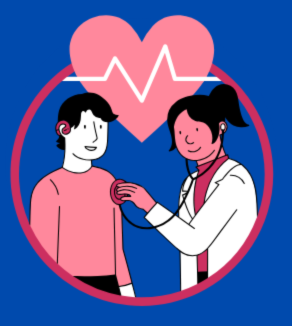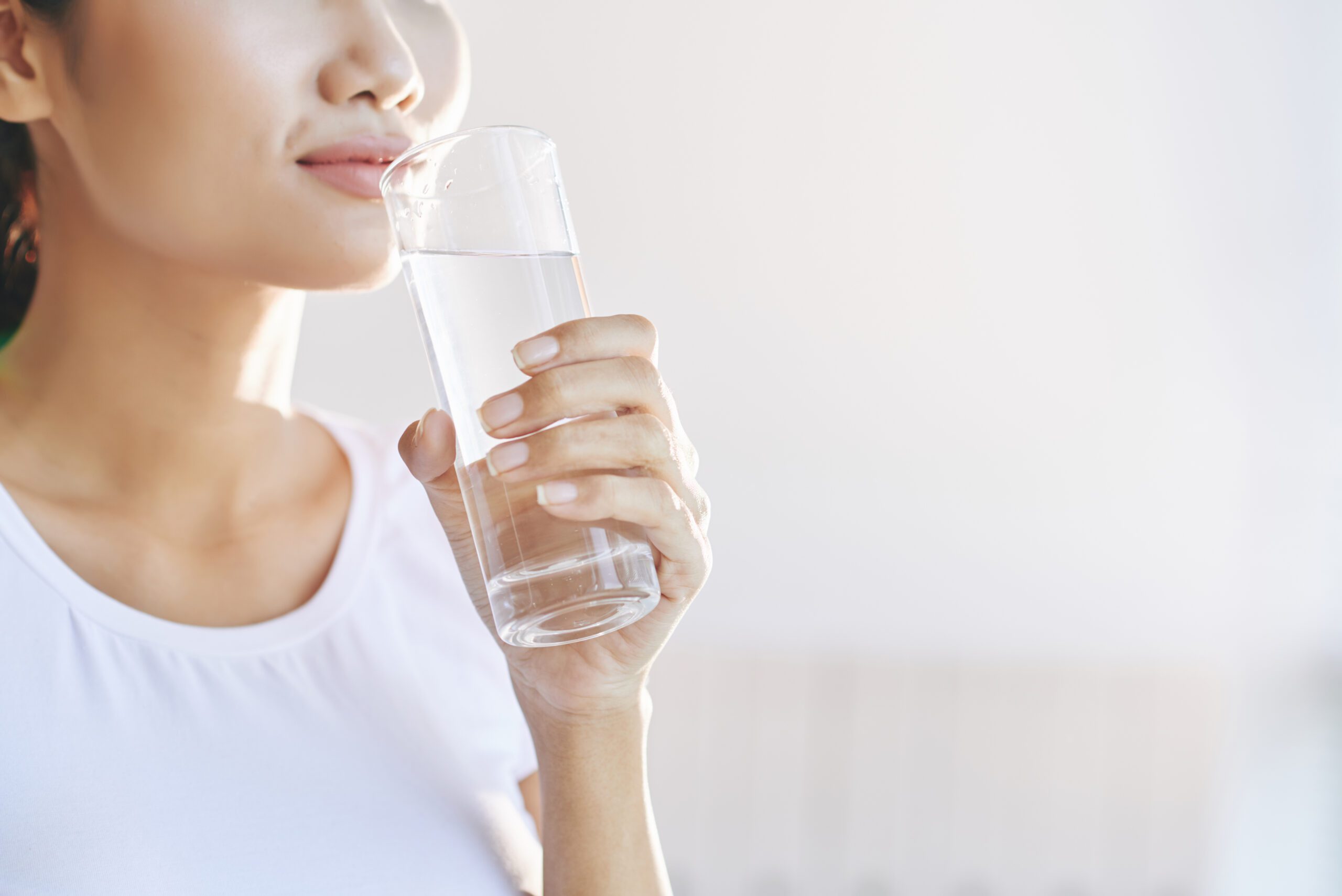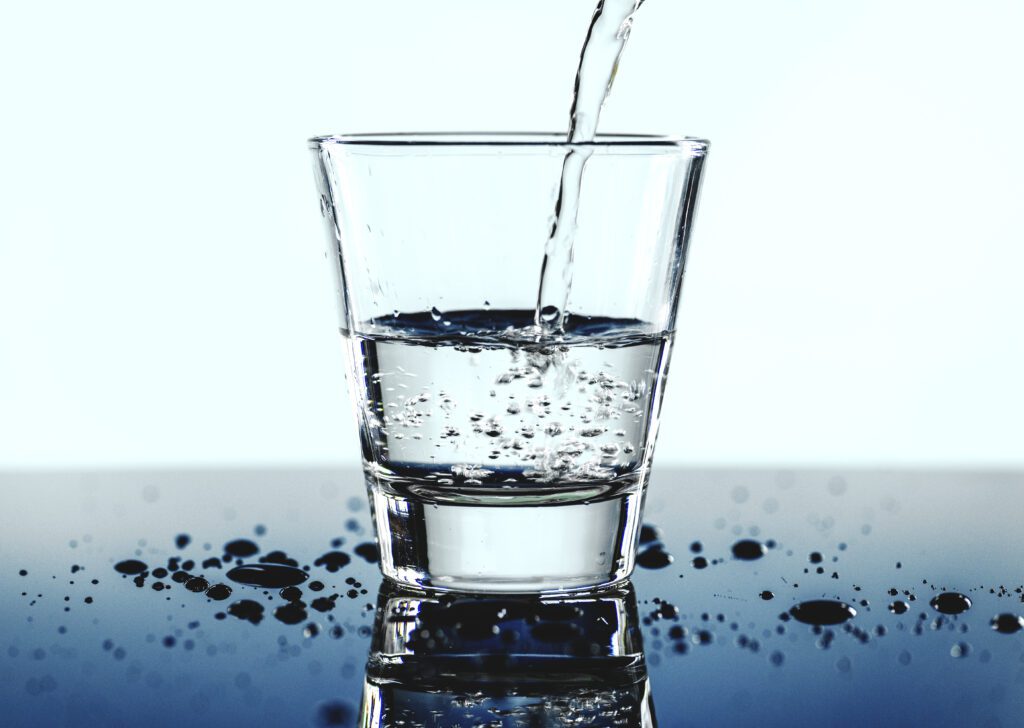When the body loses more fluids than it is able to absorb, dehydration results. It can be a serious condition, leading to various health complications if left untreated. Understanding the causes, symptoms and prevention strategies is crucial for maintaining optimal health.
Causes of Dehydration :
- Insufficient consumption of fluids
- Excess Sweating
- Illnesses
- Medications
- Medical condition
Insufficient consumption of fluids : Not consuming enough fluids, Especially during hot weather or in summer or physical activity can lead to dehydration.
Excess sweating : Intense physical activity, fever or hot weather can cause excessive sweating leading to fluid loss.
Illnesses : Diarrhea, vomiting and fever can increase fluid loss and contribute to dehydration.
Medications : Certain medications such as diuretics or laxative can increase urination or fluid loss through other means leading to dehydration if fluid intake is not increased accordingly.
Medical condition : Condition like diabetes and kidney disease can impair the body’s ability to regulate fluid balance, increasing the risk of dehydration.
Dehydration Symptoms :
- Thirst : Feeling thirsty is the body’s first signal of dehydration. However by the time you feel thirsty you may already be mildly dehydrated.
- Dark Urine : dark yellow or amber colored urine is a sign of dehydration. In a well hydrated person urine is usually pale yellow.
- Dry Mouth and Lips : Dry mouth, cracked lips and dry tongue are common symptoms of dehydration.
- Fatigue and Weakness : Dehydration can lead to feelings of fatigue, weakness and decreased energy levels.
- Dizziness or Lightheadness : Dehydration can cause dizziness, especially when standing up quickly.
- Headache : Dehydration can trigger headache or exacerbate existing ones.
- Decreased Urination : Reduced frequency or volume of urination can indicate dehydration.
Dehydration Effects :
- Dry eyes
- Headache
- Bad breath
- Weakness
Prevention of Dehydration :
- Stay Hydrated : Drink plenty of fluids throughout the day, especially water Aim for at least eight glasses of water a day, more if you are active or in hot weather or in summer.
- Monitor Fluid Loss : Be aware of situations that can increase fluid loss such as exercise or illness, the increase fluid intake accordingly.
- Eat Hydrating Foods : Consume foods with high water content such as fruits and vegetables, to supplement fluid intake.
- Avoid Excessive Alcohol and Caffeine : Alcohol and caffeine can increase fluid loss, so consume them in moderation and balance them with water intake.
- Replenish Electrolytes : During prolonged physical activity or illness. consider replenishing electrolytes lost through sweat or other means by consuming electrolyte rich drinks or foods.
- Pay attention to urine colour : Monitor urine color as simple indicator of hydration status. Pale yellow or straw color urine usually indicates adequate hydration.
- Seek Medical Attention (if necessary): If you experience severe dehydration symptoms or are unable to keep fluids down due to vomiting, seek medical attention promptly.
Best way to rehydrate fast :
- Drink water : Rehydrating with is essential. Rather than attempting to sip a big glass all at once, take little sip intervals.
- Oral rehydration solutions (ORS) : These solution contain electrolytes like sodium and potassium, which help replenish lost fluids and minerals. you can buy ORS packets at pharmacies or make your own by mixing water, salt and sugar.
- watery fruits and vegetables like watermelon, cucumber, oranges, and strawberries, which have high water content.
- Caffeine and alcohol can contribute to dehydration, so it’s best to avoid them when trying to rehydrate.
- Coconut water is naturally high in electrolytes, it can be helpful in rehydrating the body and replacing lost fluids and minerals.
- Buttermilk is a popular home remedy for dehydration since it has a high water content and is nutrient-rich, including magnesium.
- Banana : Consuming bananas, which are high in potassium and water content, might assist the body restore its potassium stores and avoid being dehydrated.
Oral Rehydration Therapy :
Oral rehydration salt is a type of treatment that helps replenish fluids in the body and can help you manage dehydration. ORS can easily available in liquid or powder form and can be flavored or unflavored.
Conclusion : Oral rehydration solution (ORS) can be an effective way to manage dehydration. These solution are generally safe and can help to quickly and effectively rehydrate the body. It is important to remember that these solutions should not be used to replace missing fluids in severe cases of dehydration and should not be used to treat people who are unable to drink due to a medical condition.
ORS is generally safe, there are some potential side effects to be aware of the include nausea, vomiting, abdominal pain and talk to your doctor if you experience any of them
FAQ :
Q. How to cure dehydration fast at home ?
Ans. Here are some fasted ways to cure dehydration at home :
- Drink water
- Coconut water
- Buttermilk
- Watery fruits and vegetables
- Oral rehydration solution
Q. What is an oral rehydration solution (ORS) ?
Ans. ORS are fluids containing electrolytes, carbohydrates, and other minerals that can help replenish lost fluids and electrolyte in the body. These solution can help to quickly and effectively rehydrate the body helping to manage dehydration and its associated symptoms.
Q. How oral rehydration solutions work ?
Ans. Ors typically contain glucose and two electrolytes which are sodium and potassium. The glucose along with these two electroltes work together to increase the absorption of water in the intestines.
Q. Who should avoid using oral rehydration solutions(ORS)?
Ans. People with kidney disease should not use ORS without consulting their doctor first. also diabetes patients and people who are taking drugs for blood pressure or heart diseases.
Q. Is there any side effects of ORS ?
Ans. ORS is generally safe, there are some potential side effects to be aware of the include nausea, vomiting, abdominal pain. People with diabetes should take special care when using a ORS. As it raise their blood sugar levels.
Q. What dehydration does to your brain ?
Ans. 80% of your brain is composed of water. Therefore, the volume of your brain tissue decreases when you don’t drink enough water. Your whole physiological state and how you feel can be significantly affected by this shrinkage. Thankfully, replenishing the body with fluids and electrolytes helps counteract the effects of dehydration on the brain.


